Pennsylvania Medical Solutions, LLC (PAMS), won a license to grow medical cannabis in Pennsylvania, but some think the Pennsylvania Department of Health (PA DOH) should reconsider awarding that license. PAMS is a subsidiary of Vireo Health, which has medical cannabis licenses in New York and Minnesota, as well as quite the blemish on their business record. In December 2015, two former employees were accused of breaking state and federal laws by transporting cannabis oil from Minnesota to New York. Because of that history, some are questioning why exactly they were awarded the PA medical cannabis license.

In that school of thought is Chris Goldstein, a Philadelphia-based cannabis advocate and author of an article on Philly.com, which calls PAMS’ license into question. According to Goldstein, Vireo Health could lose their licenses in New York and Minnesota, and those former employees involved might even face federal prosecution. “On the surface it would seem that Vireo broke every rule in the book,” says Goldstein. “Not only could the company lose its permits in both of those states, but employees could face federal prosecution for interstate transport and distribution.” But does that previous wrongdoing by two former employees have any bearing on their application in PA? In Maryland, it did. According to The Baltimore Sun, concerns surrounding MaryMed’s parent company, Vireo Health, is the main reason why their permit to grow medical cannabis was revoked.
 In response to some of those concerns about their PA license, Andrew Mangini, spokesman for Vireo Health, issued the following statement, which appeared in Goldstein’s article: “While we’re aware of allegations against two former employees of an affiliate, those individuals have never had a role in our application or in the management of PAMS,” says Mangini. “It’s also important to note that our Minnesota affiliate and our parent company Vireo Health have not been accused of any wrongdoing in connection with those allegations.”
In response to some of those concerns about their PA license, Andrew Mangini, spokesman for Vireo Health, issued the following statement, which appeared in Goldstein’s article: “While we’re aware of allegations against two former employees of an affiliate, those individuals have never had a role in our application or in the management of PAMS,” says Mangini. “It’s also important to note that our Minnesota affiliate and our parent company Vireo Health have not been accused of any wrongdoing in connection with those allegations.”
Below is a timeline of events leading up to the PA DOH defending their decision to give PAMS a license:
- December 2015: Two former employees of Minnesota Medical Solutions, a subsidiary of Vireo Health, transported a half-million dollars worth of cannabis oil from Minnesota to New York, violating state and federal laws.
- February 9th, 2017: The two former employees were formally charged with crimes in Minnesota for illegally transporting cannabis across state lines.
- February 20th-March 20th, 2017: PAMS submitted a license application to the PA DOH between these dates, listing their business state as Minnesota on the application.
- May 2017: Maryland DOH suspended the licenses of MaryMed LLC, a subsidiary of Vireo Health, over concerns that the company did not provide information related to the Minnesota and New York licenses on their application, according to the Washington Post.
- June 20th, 2017: PA DOH releases a list of license winners; PAMS was listed among winners for a cultivation license in Scranton.
- June 26th, 2017: PA DOH officials defend their decision to award PAMS a license, according to a Philly.com article. That same day, The Baltimore Sun reported the Maryland Medical Cannabis Commission revoked MaryMed, LLC their license, citing concerns about Vireo Health.
April Hutcheson, spokeswoman for the PA DOH, told Philly.com in June, “Remember, the permits are given to business entities, not people.” The point she is making refers to the charges being filed against former employees, not any of the businesses who hold medical cannabis licenses.

Steve Schain, Esq., an attorney with Hoban Law Group in Pennsylvania, has seen no objective evidence of anything wrongful in either PAMS’ application or the DOH’s processing of it. “Marijuana related businesses often have distinct, affiliated components and the Department of Health faces two critical issues,” says Schain.
“First, whether grow applicant PA Medical Solutions, LLC (PAMS) had a duty to disclose alleged wrongdoing on its application, failed to fulfill this duty and, if so, whether PAMS’ application should be amended, re-scored or disqualified. Second, as part of its ongoing license reporting requirements, whether grow licensee PAMS has any duty to disclose the alleged wrongdoing. The answer to much of this hinges on whether criminal or administrative charges were leveled against just Vireo Health’s former employees or also included the entity and whether these individuals or enterprise fell within Pennsylvania Medical Marijuana Organization Permit Application definition of an “Applicant” (“individual or business applying for the permit”) or applicant’s “Principals, Financial Backers, Operators or Employees” of PAMS. Either way, it does not presently appear that the [PA] DOH missed anything.”

This does raise the question of whether or not Vireo Health is under investigation, which is yet to be determined. According to Goldstein in his Philly.com article, the Minnesota DOH declined to comment on Vireo Health and the New York DOH says the department’s investigation is ongoing. “The selection of a Vireo Health affiliate to grow and process medical cannabis in Pennsylvania has cast a serious shadow over the integrity of the program even before it has started,” says Goldstein.
In Maryland, the DOH revoked their license as a direct result of those former employees in Minnesota committing crimes, according to The Baltimore Sun. Commissioner Eric Sterling said there is “a reasonable likelihood of diversion of medical cannabis by the applicant.” So should Pennsylvania do the same? Do those crimes by former employees have any bearing on their application? This story raises a number of questions regarding applications for state licenses that are largely left unanswered. One thing we know for certain: each state handles applications very differently.



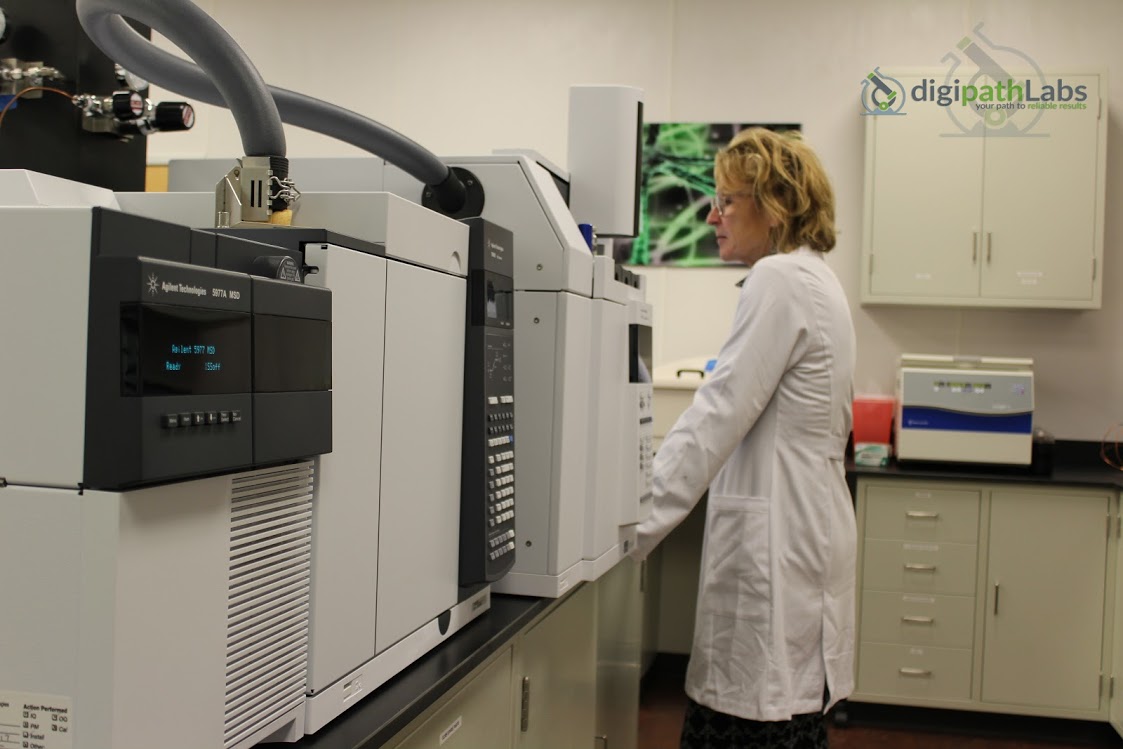









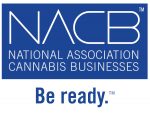



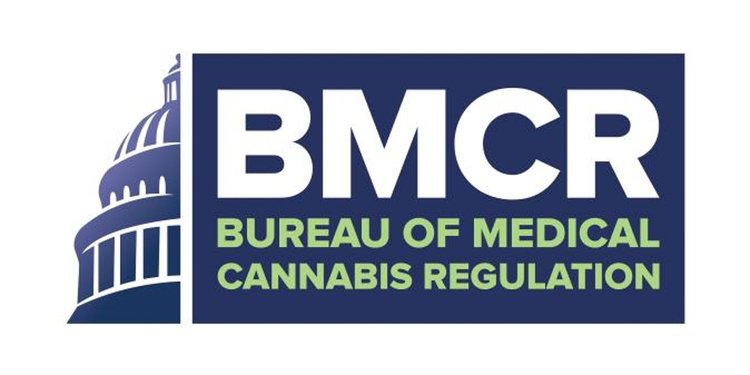


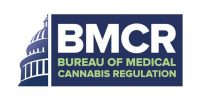



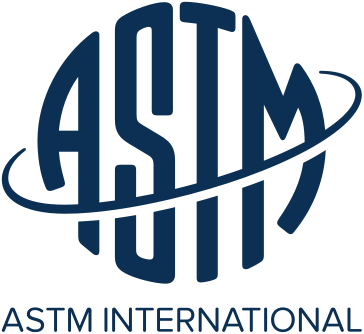










 The press release says the legislation would set up a regulatory framework “for controlling the production, distribution, sale and possession of cannabis in Canada.” It would set the minimum age to purchase cannabis at 18, but provinces can increase that minimum age how they see fit. Health Canada, the Royal Canadian Mounted Police, the Canada Border Services Agency and the Department of Public Safety would be responsible for enforcing the regulations.
The press release says the legislation would set up a regulatory framework “for controlling the production, distribution, sale and possession of cannabis in Canada.” It would set the minimum age to purchase cannabis at 18, but provinces can increase that minimum age how they see fit. Health Canada, the Royal Canadian Mounted Police, the Canada Border Services Agency and the Department of Public Safety would be responsible for enforcing the regulations.
